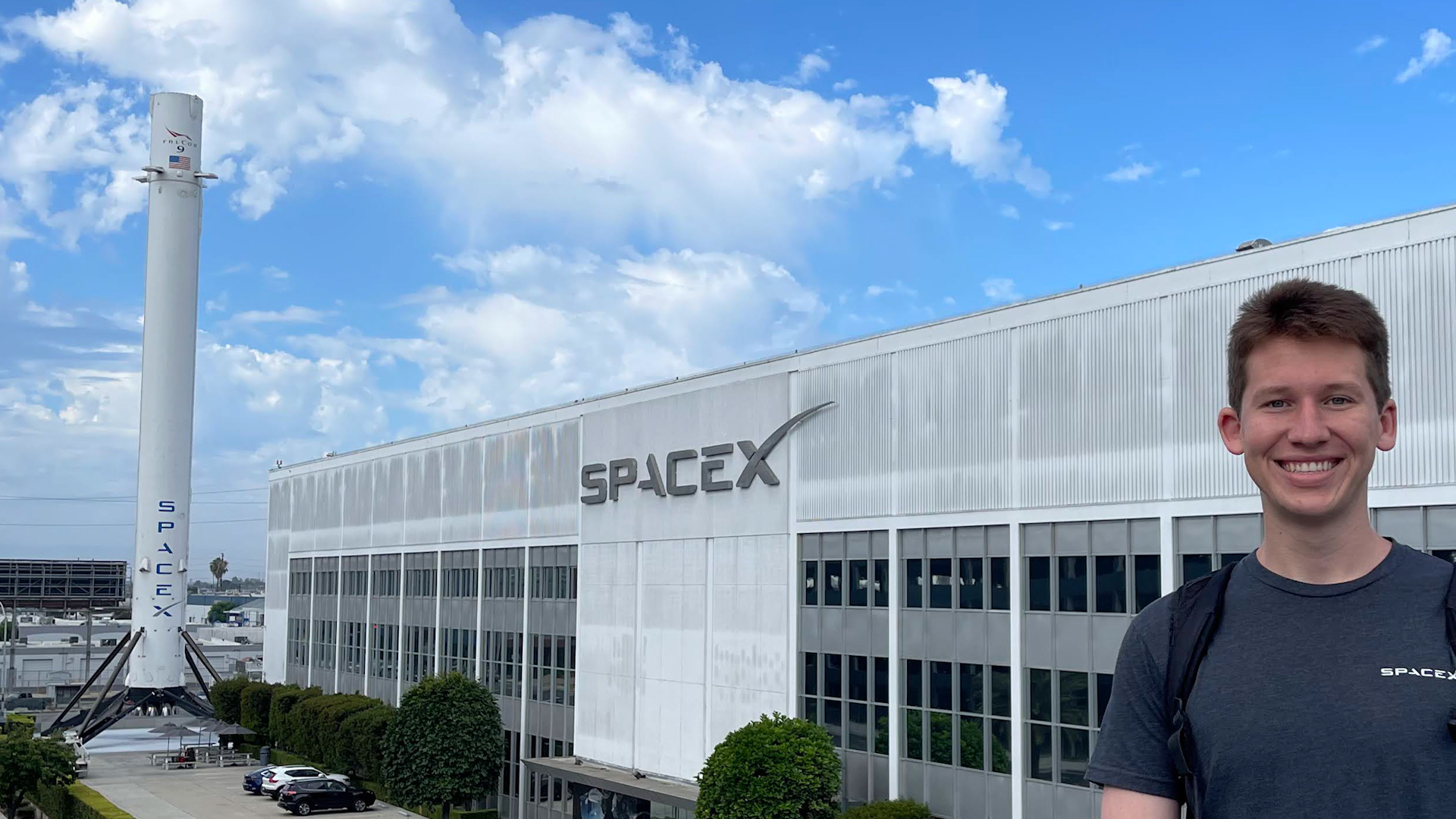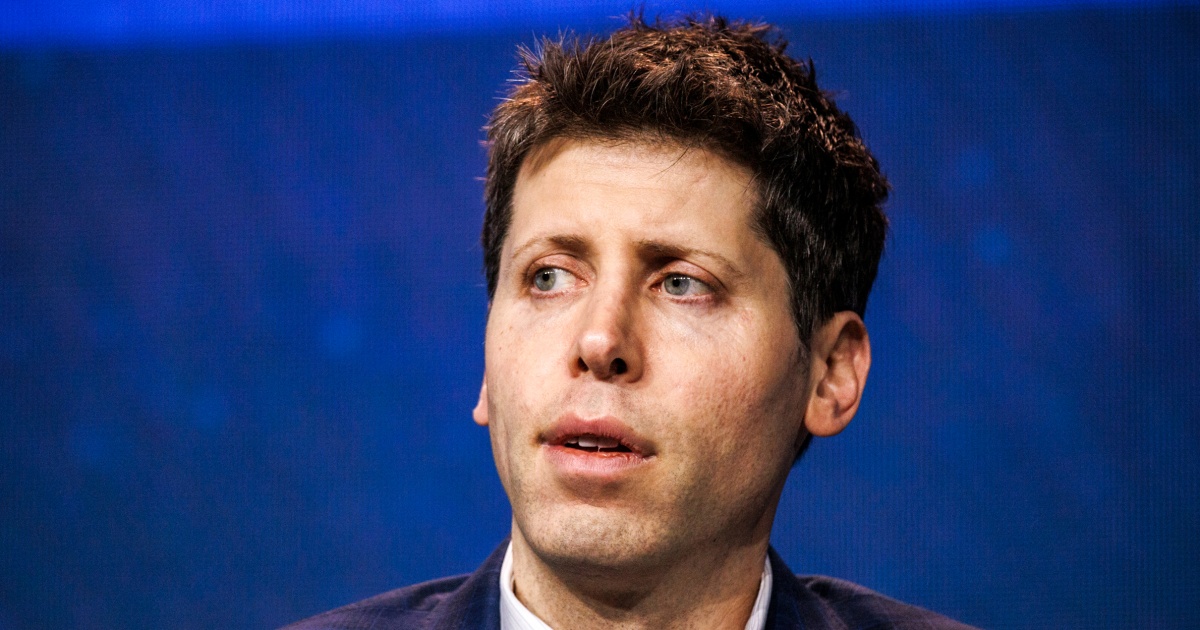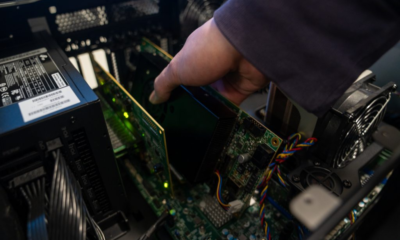Tech News
Steady progress in approaching quantum advantage | McKinsey – McKinsey

A year of strong funding coupled with sturdy underlying fundamentals and significant technological advances reflected strong momentum in quantum technology (QT).
Updated McKinsey analysis for the third annual Quantum Technology Monitor reveals that four sectors—chemicals, life sciences, finance, and mobility—are likely to see the earliest impact from quantum computing and could gain up to $2 trillion by 2035 (see sidebar “What is quantum technology?”).
Private and corporate funding for quantum technology start-ups in pursuit of that value, however, took a notable dip. Investments decreased 27 percent from the previous year, with the biggest drop in quantum sensing start-ups. This decline, however, was smaller than the 38 percent decline in all start-up investment worldwide. Notably, the majority of funding (62 percent) went to companies founded five or more years ago, reflecting a shift in investments toward more-established and promising start-ups, with a focus on scaling them.
Quantum technology encompasses three subfields:
In contrast to the private sector, public investments increased more than 50 percent over 2022, making up almost a third of all investments in quantum technology. A range of countries, led by Germany, the United Kingdom, and South Korea, have announced significant new funding for QT development, bringing the global public funding total to date to about $42 billion.
Our research covers the three main areas of quantum technologies: quantum computing, quantum sensing, and quantum communication. The analysis is based on inputs from various data sources, including publicly available data sources and expert interviews. Because not all deal values are publicly disclosed, this research does not provide a definitive or exhaustive list of start-up and funding activities. Minor data deviations may exist as databases are updated.
Underscoring this momentum was continued strong growth in QT foundations. There was a wave of new or enhanced offerings (for example, start-ups that made their quantum computing accessible through the cloud) and significant technological advancements—especially in quantum error correction and mitigation—as well as a small increase in patents filed. In addition, we found a notable increase in quantum technology programs offered by universities, with the European Union taking the lead in the number of graduates in QT-related fields.
In this article, we’ll go into these and other findings in greater detail (for more on the research, see sidebar “About the Quantum Technology Monitor research”).
In 2023, $1.71 billion was invested in QT start-ups, which represents a 27 percent decrease from the all-time high of $2.35 billion in 2022 (Exhibit 1). Nonetheless, the decrease is smaller when compared to the 38 percent decrease for all start-ups globally. The slowdown in the number of new QT start-ups founded continues (13 in 2023 versus 23 in 2022). Deal sizes have decreased as well, with the average deal size being $40 million in 2023 compared to $105 million in 2022 and $107 million in 2021. In line with this development, deal counts dropped to 171 in 2023 from 206 in 2022.
There are several factors causing the decrease in private investment into QT, including a significant shift in focus toward generative AI as well as lingering perceptions of QT being a long-term technology whose potential in various sectors is still being understood and evaluated.
Public funding for quantum technologies, on the other hand, jumped more than 50 percent over 2022. While China and the United States have previously dominated QT public investment, new announcements from Australia, Canada, Germany, India, Japan, the Netherlands, South Korea, and the United Kingdom reflected a growing realization among a broader range of governments of the importance of QT; South Korea and the United Kingdom, in particular, made significant increases to their funding levels (Exhibit 2).
Most of these national initiatives aim to establish technological leadership and sovereignty and spur private investments for quantum technology development. For example, the aim of the United Kingdom’s National Quantum Strategy, which includes $3.1 billion in public funding over ten years, is not only to allow the United Kingdom to be a leading quantum-enabled economy but also to generate $1.3 billion in private investment in quantum technologies.
Where did the funding go? The vast majority of investments have been in US companies (more than two times the amount compared to the next country), followed by companies in Canada and the United Kingdom. The majority of venture capital funding went to scaling up established start-ups, with more than 75 percent of the total investment value going to series B or later funding rounds. This suggests the establishment of more-mature technological platforms for quantum computing and signals investors’ potential risk aversion to early-stage start-ups and unproven technologies or approaches—which also partially explains the 43 percent drop in new start-ups compared to 2022.
Talent development took a notable step forward in 2023, reflecting a positive focus on building QT’s foundations. There were 367,000 people who graduated in 2023 with QT-relevant degrees. Meanwhile, the number of universities with QT programs increased 8.3 percent, to 195, while those offering master’s degrees in QT increased by 10.0 percent, to 55. The European Union and the United Kingdom have the highest number and density, respectively, of graduates in QT-relevant fields. This surge helps explain why scientists from EU institutions contributed most often to quantum-relevant publications.
Building off of this talent and these investments to generate value is still a challenge because of limited access to state-of-the-art hardware and infrastructure, limited awareness and adoption of quantum technologies, and a lack of interdisciplinary coordination (such as between academia and industry) required to bring technologies to market. Collaboration between industry, academia, and government is essential to accelerating development of quantum technology to industrialize technology, manage intellectual property, and overcome talent gaps.
To address this issue, “innovation clusters” are emerging worldwide. These clusters are coordinated networks of partnerships between researchers, industry leaders, and government entities that contribute to the technological advancement of quantum technologies and drive regional value creation (Exhibit 3).
Most clusters share the following elements:
Developing and scaling such regional innovation ecosystems (including research consortiums) will be a determining factor for achieving wide adoption and commercialization of quantum technology.
The past year marked continued advances for all quantum technologies, with a range of enhanced and new QT offerings coming to the market. One advance was the transition from the NISQ1 era to the FTQC2 era. Other key breakthroughs included the following:
For the full set of insights and data, download the entire Quantum Technology Monitor.
Michael Bogobowicz is a partner in McKinsey’s New York office, where Rodney Zemmel is a senior partner; Kamalika Dutta is a specialist in the Berlin office; Martina Gschwendtner is a consultant in the Munich office; Anna Heid is an associate partner in the Zurich office; Mena Issler is an associate partner in the Bay Area office, where Alex Zhang is a consultant; Niko Mohr is a partner in the Düsseldorf office; and Henning Soller is a partner in the Frankfurt office.
Tech News
Mechanical Engineering Outstanding Senior 2024: Spencer Macturk – Virginia Tech

Alex Parrish
view all
view all
view all
view all
view all
Virginia Tech demonstrates impact as a global land grant – progressing sustainability in our community, through the Commonwealth of Virginia, and around the world.
Get Directions
See All Locations
Contact Virginia Tech
For the media
© 2024 Virginia Polytechnic Institute and State University. All rights reserved.
Tech News
Biden administration taps tech CEOs for AI safety, security board – NBC News

Profile
Sections
tv
Featured
More From NBC
Follow NBC News
There are no new alerts at this time
The Department of Homeland Security established an advisory panel Friday to study how to protect critical infrastructure including power grids and airports from threats related to artificial intelligence.
The Artificial Intelligence Safety and Security Board, which has 22 initial members, includes high-profile figures in tech like OpenAI CEO Sam Altman, Microsoft CEO and chairman Satya Nadella and Alphabet CEO Sundar Pichai, according to a statement from the DHS.
President Joe Biden ordered the creation of the board in October when he signed a wide-ranging executive order on AI, representing the federal government’s first foray into trying to regulate the technology since advanced AI apps including OpenAI’s ChatGPT went viral in popularity.
The board’s mission includes developing recommendations “to prevent and prepare for AI-related disruptions to critical services that impact national or economic security, public health, or safety.”
AI experts have identified a wide array of potential security threats that the new technology could make possible, from swarms of autonomous drones to cheap and lethal bioweapons to more effective hacking threats against critical computer systems.
The government’s defense may involve using AI to fight AI, the DHS said.
“The Board will develop recommendations to help critical infrastructure stakeholders, such as transportation service providers, pipeline and power grid operators, and internet service providers, more responsibly leverage AI technologies,” the department said.
Homeland Security Secretary Alejandro Mayorkas said in a statement that AI “can advance our national interests in unprecedented ways” but that it also “presents real risks — risks that we can mitigate by adopting best practices and taking other studied, concrete actions.”
In addition to tech CEOs, the board includes the CEOs of Delta Air Lines, defense contractor Northrop Grumman and oil producer Occidental Petroleum, as well as Maryland’s Democratic Gov. Wes Moore, Seattle Mayor Bruce Harrell and the leaders of two civil rights organizations.
David Ingram covers tech for NBC News.
© 2024 NBC UNIVERSAL
Tech News
What is AI, how does it work and what can it be used for? – BBC.com
-

 General Knowledge2 years ago
General Knowledge2 years agoList of Indian States and Capital
-

 General Knowledge2 years ago
General Knowledge2 years agoList Of 400 Famous Books and Authors
-

 Important Days4 years ago
Important Days4 years agoImportant Days of Each Month
-

 General Knowledge2 years ago
General Knowledge2 years agoCountries and their National Sports
-

 General Knowledge3 years ago
General Knowledge3 years agoCountry Capital and Currency
-

 Important Days3 years ago
Important Days3 years agoHoli
-

 General Knowledge2 years ago
General Knowledge2 years agoList of Indian President
-

 General Knowledge2 years ago
General Knowledge2 years agoList of Indian Vice President















